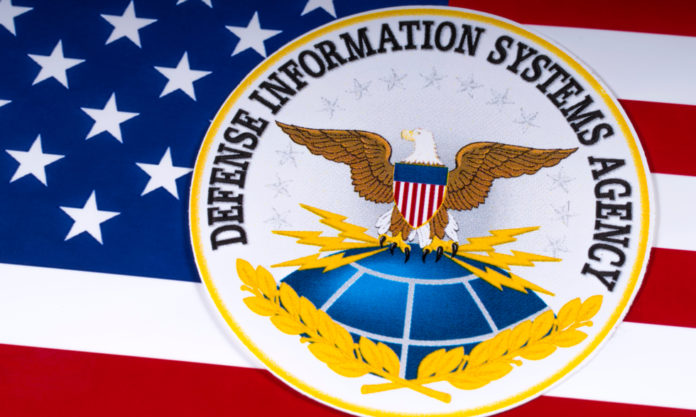Protest challenging an agency’s technical and price reasonableness evaluation is denied. However, the court rejected the government’s attempt to extend the Blue & Gold waiver rule to preclude the protester from raising protest grounds previously raised with GAO. The government argued the grounds challenged issues not revisited during a corrective action and therefore the grounds amounted to an untimely challenge to the scope of the corrective action. The court disagreed, finding the protester had preserved its right to challenge these areas by first raising them with GAO in the first protest. Once the corrective action began, the protester had no standing or ripe claim to pursue. The court failed to see how requiring winning GAO protesters to protest their own corrective actions can be considered efficient.
Technatomy Corp. protested the Defense Information Systems Agency’s decision not to award it one of multiple contracts for IT engineering services, challenging the technical evaluation, price evaluation, and best value tradeoff decision.
The court denied the protest, finding that DISA conducted a meaningful price reasonableness analysis, and that it was not arbitrary for DISA to perform best-value tradeoffs only between plaintiff and the awardees with higher prices and higher technical ratings. When an offeror beats the protester on both grounds, no tradeoff is even possible, the court explained. Further, at least three offerors had lower prices and higher technical ratings than the protester. The court also found no issues with the technical evaluation or any evidence of prejudicial action by the agency. For example, the court found no evidence the evaluators must have been tired by the time they reached “T” in the alphabet and therefore failed to properly evaluate Technatomy’s proposal.
The court concluded that one issue warranted elaboration. The government and two intervenors argued that the waiver rule from the Federal Circuit’s decision in Blue & Gold Fleet L.P. v. United States should be extended to preclude the protest grounds that Technatomy unsuccessfully raised before GAO.
While the Federal Circuit has not applied the waiver rule outside of the context of challenges to solicitation language, the court noted that many of its judges have recognized that the rule should be applied in additional circumstances.
In this case, the government argued that by complaining about technical evaluation determinations that were not revisited during the corrective action, Technatomy attempted an untimely challenge to the scope of the corrective action.
However, the court disagreed. First, the court did not find that Technatomy could have brought these challenges once the corrective action had begun. Because of that corrective action, the decision which the injured plaintiff was no longer in force, and none of the technical evaluation decisions which plaintiff challenges were the sort which necessarily disqualified plaintiff. Until the technical determinations are applied and an award decision made, they are interlocutory by nature. Thus, Technatomy had neither standing nor a ripe claim to pursue once the corrective action was announced.
Second, and more fundamentally, the court found that Technatomy preserved these protest grounds by raising them before the GAO in the first place. The court explained that the Blue & Gold waiver rule takes aim at the inefficiencies that would otherwise result from the strategic behavior of offerors who keep patent errors to themselves until a costly and time-consuming stage of a procurement is avoidably conducted to completion. The court failed to see how requiring winning GAO protesters to protest their own corrective actions can be considered efficient.
Technatomoy Corp. is represented by Julie M. Nichols and James S. Phillips of Roeder & Cochran PLLC. The government is represented by Jessica L. Cole, Trial Attorney, Commercial Litigation Branch, Civil Division, Department of Justice, with whom were Joseph H. Hunt, Assistant Attorney General, Robert E. Kirschman, Jr., Director, and Patricia M. McCarthy, Assistant Director. Travis L. Vaughan, Office of General Counsel, Defense Information Systems Agency, of counsel. The intervenors are represented by Michael J. Gardner, Greenberg Traurig, LLP, with whom were Shomari B. Wade and Brett A. Castellat, for Solers, Inc.; Deneen J. Melander of Robbins, Russell, Englert, Orseck, Untereiner & Sauber, LLP, with whom was Lanora C. Pettit, for Northrop Grumman Systems Corp., Richard A. Sauber, of counsel; and Gary J. Campbell of Womble Bond Dickinson (US) LLP, with whom were G. Matthew Koehl and Nathaniel J. Greeson for Booz Allen Hamilton Inc.




